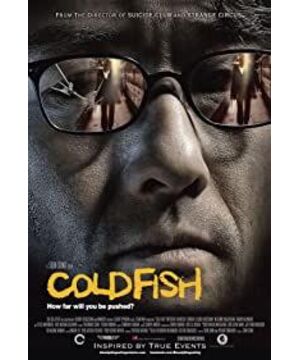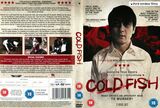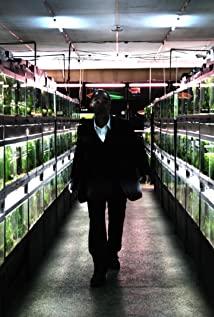First, let's talk about the theme of the movie. The theme of this movie is not family relationships, but the growth history of the male protagonist. Family relationships are just a reference to reflect the growth of the male protagonist.
The movie is full of metaphors. The so-called blood, violence, rape, and murder are both gimmicks and metaphors, and they are all very obvious. This is what I like most about this movie.
At the beginning, although the male protagonist is already an adult, he is still a child at heart. Whenever he encounters something, he wants to escape. For example, the contradiction between his wife and his daughter, he knows very well, but he has an ostrich mentality and does not solve it.
As a result, the family status of the male protagonist who "hearts for a child" was immediately replaced by the foreign invader Murata, and both his wife and daughter had their hearts toward Murata.
The male protagonist is very sensitive and can feel it, but he still chooses to avoid this fact and be a "child". Going to the planetarium is a metaphor for escapism. It is the male protagonist's past hobby and appears many times in the movie.
After helping Murata dispose of the body for the first time, the male protagonist, under high pressure, wanted to vent the pressure on Taeko in a sexual way, but in the end he chose to apologize. The male protagonist's mentality is still a child, and he deals with problems in a child's way (escape is not direct).
In the following incidents of murder, questioning, and handling of corpses, Murata has been mentoring the male protagonist who is a child as a father.
But the male protagonist still chooses to escape. Whenever he is under pressure, he goes to the planetarium, but he still refuses to grow up.
Until the male protagonist was forced to fall in love with his son, he gained strength from sex (performance made a boy grow into a man), and his heart changed from a child to an adult. At this time, the male protagonist's growth has been forced to complete, so Murata, who immediately killed his father's image.
After the male protagonist's heart grows, he becomes an adult, the so-called "new Murata", and begins to treat his wife and daughter and family relations in an adult way. The violence in the movie is just a metaphor, which means facing the problem directly.
However...it doesn't work...the daughter and wife are still very resistant, and the family relationship is still not handled well. So the male protagonist finally compromised, or it could be said to give up.
That's why he finally said, "Life is very painful." No matter whether you are escaping or facing problems, whether you are a child or an adult, you can't live your life well. Poor handling of family relationships is one of them. (That’s why it was said at the beginning that family relationships are just a reference)
The wife has understood the pain of life, so the male protagonist helped her out. And the daughter said that she wanted to live, so the male protagonist chose to let her experience life (the pain) by herself. Finally, the male protagonist committed suicide. At the moment after his death, the male protagonist's heart returned to the original child (the planetarium).
View more about Cold Fish reviews










